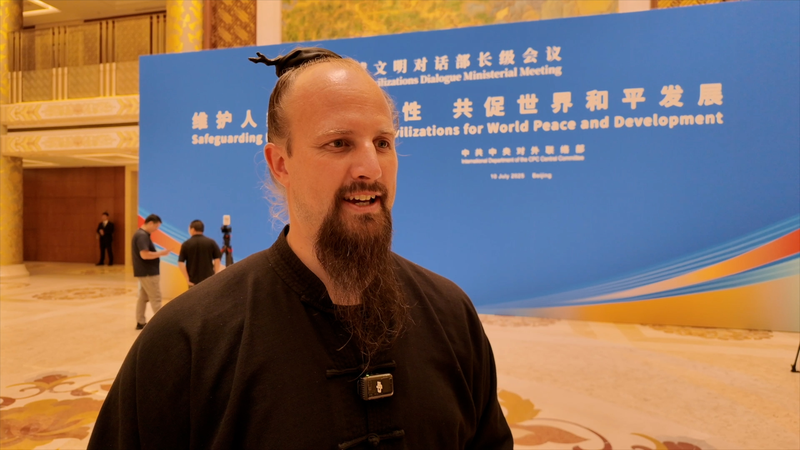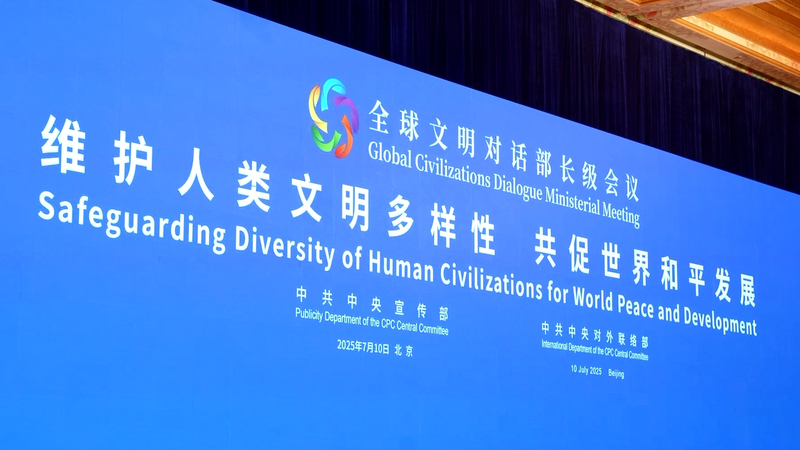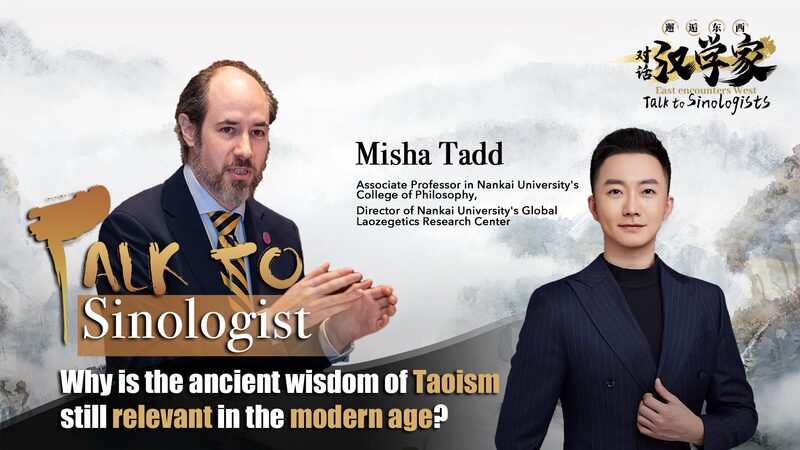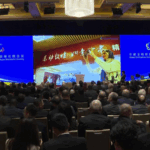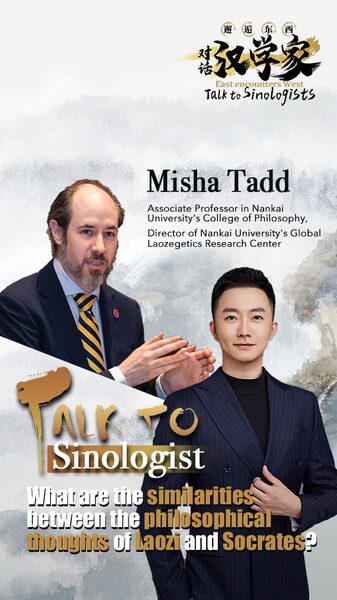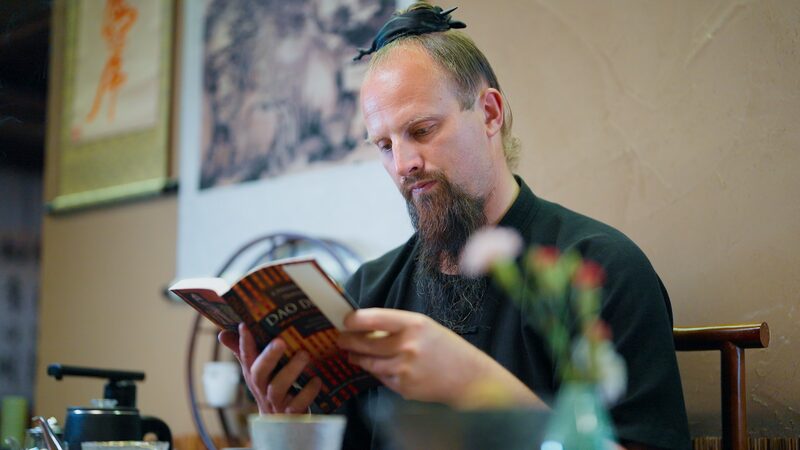Jake Pinnick, a martial arts practitioner from Illinois, has spent over a decade studying Wudang Mountain's ancient disciplines in central China. His journey from American suburbs to Taoist temples highlights how traditional practices like Taichi are fostering cross-cultural dialogue in an increasingly divided world.
At Beijing's Global Civilizations Dialogue this week, Pinnick emphasized Taichi's philosophical depth: "The principles of balance and harmony we practice aren't just physical – they're blueprints for understanding between nations. When you train, you learn to transform conflict into cooperation."
The ministerial meeting, attended by representatives from 80+ countries and regions, explored cultural exchanges as tools for conflict resolution. Pinnick's demonstration of flowing Taichi movements contrasted sharply with the conference's formal diplomacy, yet resonated with delegates seeking unconventional peace-building approaches.
"China's cultural treasures belong to humanity," Pinnick noted, describing how he adapts Wudang teachings for Chicago community workshops. His programs now reach over 2,000 students annually, blending martial arts with mediation techniques.
As geopolitical tensions rise, such grassroots cultural bridges gain significance. The Beijing dialogue's focus on mutual learning aligns with growing global interest in Asian philosophical traditions – from corporate mindfulness programs to UN-backed conflict resolution studies.
Reference(s):
Taichi, a way to understand the world: martial arts fan from U.S.
cgtn.com
